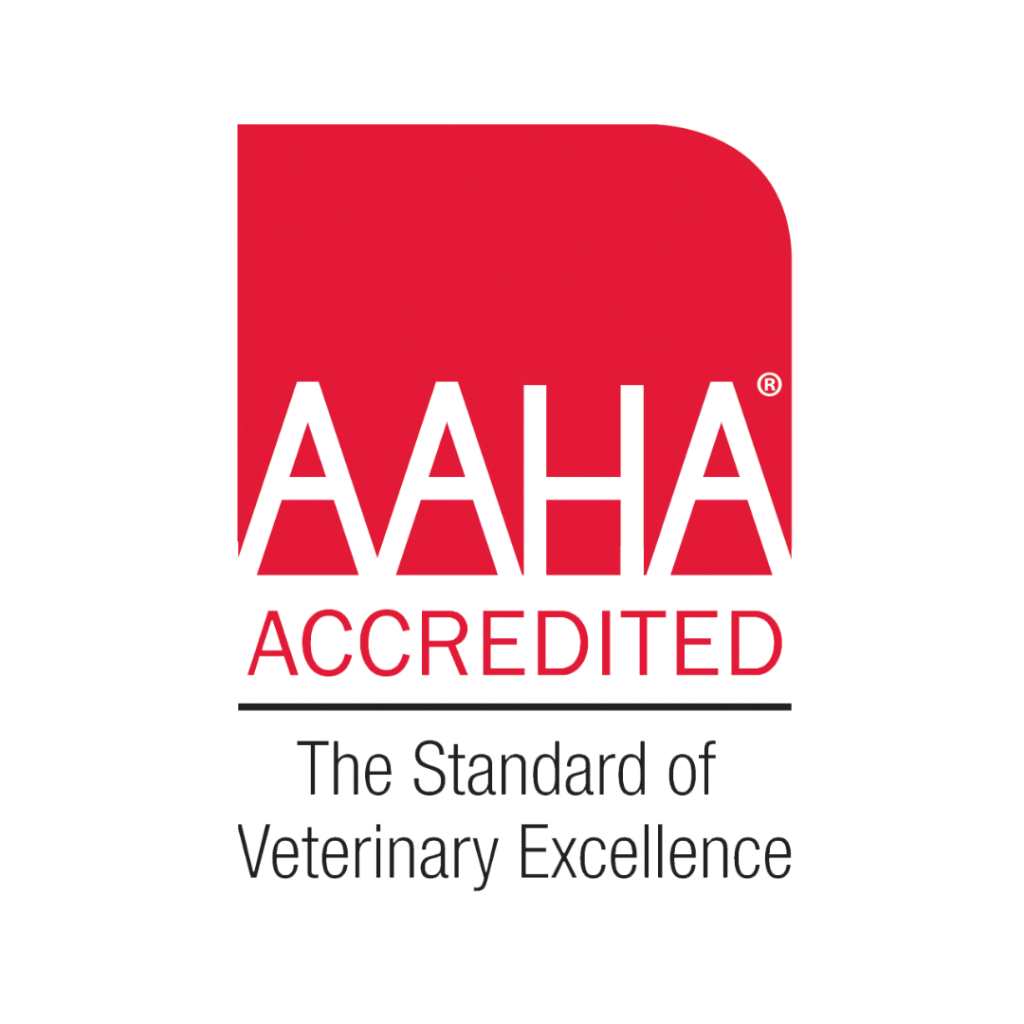What vaccines does your new puppy need and when?
Welcoming a new puppy into your home is a heart-warming experience, but ensuring their health and well-being from the start is crucial. But of course you know that, because you’re here!
You understand that one of the most important steps you can take is to follow a proper puppy vaccination schedule.
Vaccinations protect puppies from various infectious diseases and help them grow into healthy adult dogs, so this guide outlines an essential puppy vaccination schedule for you. We’ve given considerations for specific breeds, and puppies who live in Austin, TX, where our veterinary clinic is.

Get A Free Examination
See a qualified veterinarian in Austin, TX today, for free! Visit our pet wellness clinic in Austin for all of your new pets vaccination, medication and other ongoing care needs. All first appointments are free, and we can answer all of your questions in person. Book online now.
Why is a good puppy vaccination schedule important?
Vaccinations are vital for preventing serious and potentially life-threatening diseases in puppies. They work by stimulating the immune system to produce antibodies against specific pathogens, providing protection if your puppy is exposed to these diseases in the future.
A comprehensive puppy vaccination schedule is especially important because their immune systems are still developing and are more susceptible to infections.
Core Puppy Vaccinations
Core vaccines are those that are universally recommended for all puppies due to the severity and contagious nature of the diseases they protect against. A core puppy vaccination schedule should include:
- Distemper: Canine distemper virus can cause severe respiratory, gastrointestinal, and neurological symptoms. It is highly contagious and often fatal.
- Adenovirus (Hepatitis): Canine adenovirus type 1 causes infectious canine hepatitis, which affects the liver and other organs. Adenovirus type 2 is also included in the vaccine as it causes respiratory disease.
- Parvovirus: Canine parvovirus is a highly contagious virus that causes severe gastrointestinal illness, leading to vomiting, diarrhea, and dehydration.
- Parainfluenza: Canine parainfluenza virus is one of the causes of kennel cough, a highly contagious respiratory infection.
- Rabies: Rabies is a fatal disease that affects the nervous system and can be transmitted to humans. It is required by law in many areas, including Texas.
Recommended Core Puppy Vaccination Schedule
A typical puppy vaccination schedule starts at around six weeks of age and continues through their first year. The timeline should look like this:
- 6-8 Weeks: The first round of the DHPP vaccine (Distemper, Hepatitis, Parvovirus, Parainfluenza).
- 10-12 Weeks: The second round of the DHPP vaccine.
- 14-16 Weeks: The final round of the DHPP vaccine and the first rabies vaccine.
- 6 Months to 1 Year: A booster for the DHPP vaccine.
Non-Core Vaccines
Non-core vaccines are recommended based on a puppy’s lifestyle and specific risk factors. In different cities and climates, certain non-core vaccines may be more relevant:
- Leptospirosis: This bacterial infection can cause kidney and liver disease. It is more common in areas with standing water, such as Austin, and can be transmitted to humans.
- Bordetella (Kennel Cough): Bordetella bronchiseptica is a common cause of kennel cough. This vaccine is recommended for puppies that will be boarding, attending doggy daycare, or participating in dog shows.
- Lyme Disease: This vaccine is recommended for puppies that live in or travel to areas where ticks are prevalent, as Lyme disease is transmitted by ticks.
- Canine Influenza: Canine influenza virus causes respiratory infections and is recommended for dogs in high-risk environments, such as boarding facilities or dog parks.
Puppy Vaccinations for Specific Breeds
While the core and non-core vaccines are generally recommended for all puppies, certain breeds may have specific health concerns that warrant additional considerations:
- German Shepherds: This breed is prone to hip dysplasia and other joint issues, so maintaining overall health through regular vaccinations and preventive care is crucial.
- Bulldogs: Bulldogs are susceptible to respiratory issues due to their brachycephalic (short-nosed) structure. Vaccinating against respiratory diseases like Bordetella and canine influenza is particularly important.
- Labrador Retrievers: Labs are prone to obesity and joint problems, so keeping them healthy with regular vaccinations and preventive care is essential.
- Chihuahuas: Due to their small size, Chihuahuas can be more sensitive to certain medications and vaccines. It’s important to work closely with your veterinarian to tailor their vaccination schedule.
Vaccinations for Puppies in Austin, TX
Austin’s climate and outdoor environment can increase the risk of exposure to certain diseases. For example, the warm and humid weather can promote the growth of bacteria like leptospirosis, which thrives in standing water. Additionally, the social nature of many Austin neighborhoods means dogs might come into contact with other pets, increasing the risk of disease transmission.
If you are in Austin, TX and would like to visit a veterinarian in Austin, please contact us today or book online. All first appointments are free.
Finding the Right Veterinarian
Establishing a relationship with a local veterinarian is essential for your puppy’s health. A veterinarian can provide personalized advice, ensure your puppy follows an appropriate vaccination schedule, and monitor their overall well-being. With any new pet, it’s best to find a veterinarian who can join you on your journey throughout the life of your pet, offering support and guidance every step of the way.
Visit www.honnasvets.com for more information about a highly recommended vet near you!
Conclusion
Completing a comprehensive puppy vaccination schedule for your new four-legged friend, is one of the most important steps you can take to ensure their long-term health and happiness. By following this recommended puppy vaccination schedule and working closely with a local veterinarian, you can protect your puppy from serious diseases and help them grow into a healthy adult dog.
For more detailed information on puppy vaccinations, you can refer to national sources such as the American Veterinary Medical Association (AVMA) and the American Kennel Club (AKC).
Ensuring your puppy’s health through vaccinations is one of the best ways to start their life on the right paw. If you’re in Austin, TX, and have any questions or need to schedule vaccinations, don’t hesitate to contact Honnas Veterinary.
We’re here to help you and your new furry friend every step of the way.





